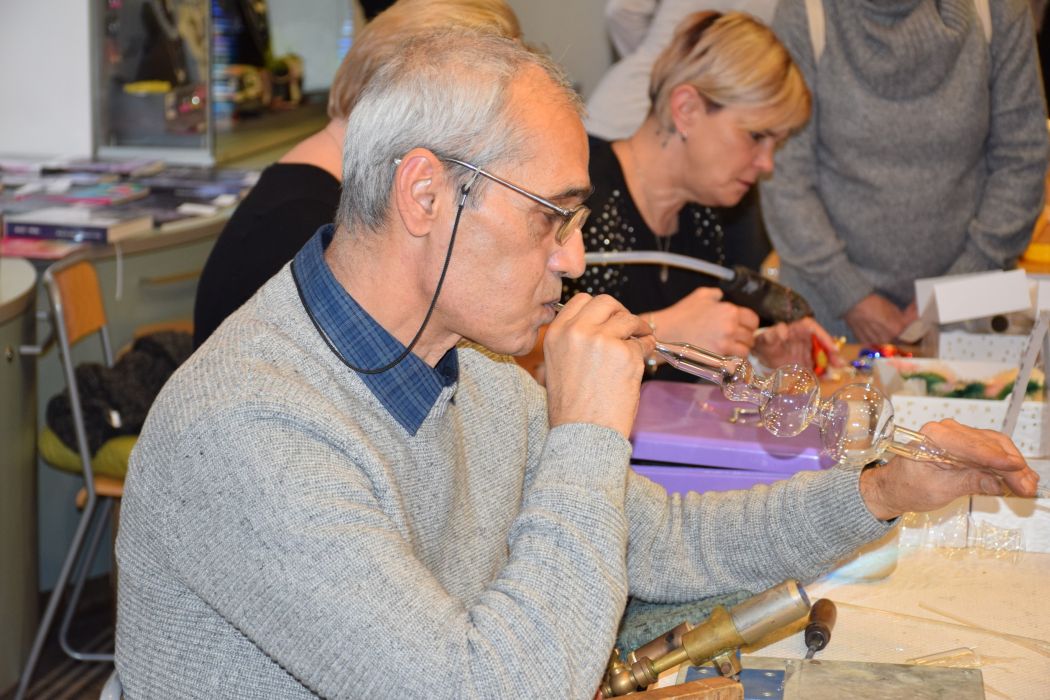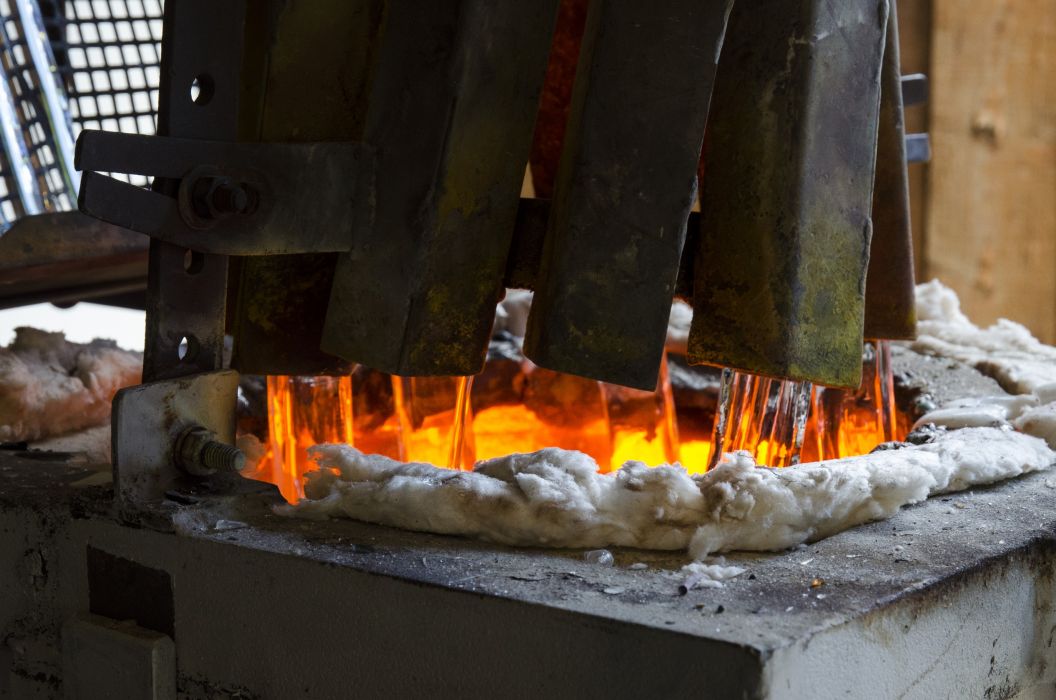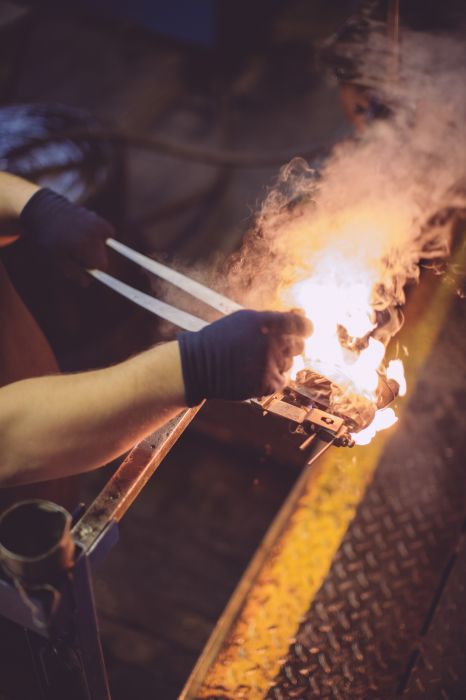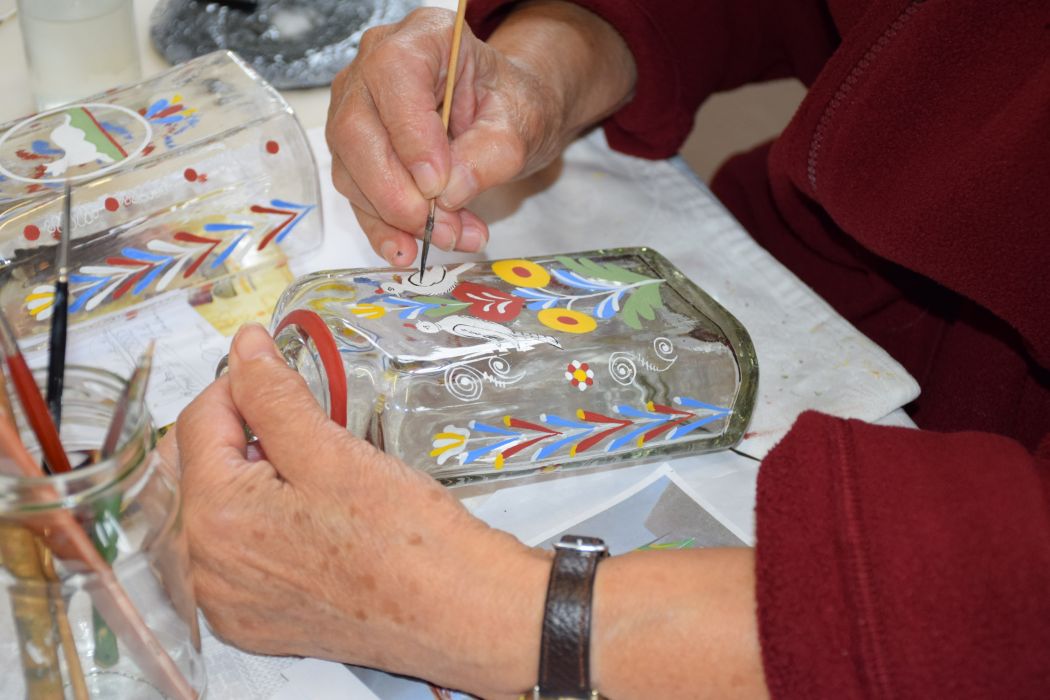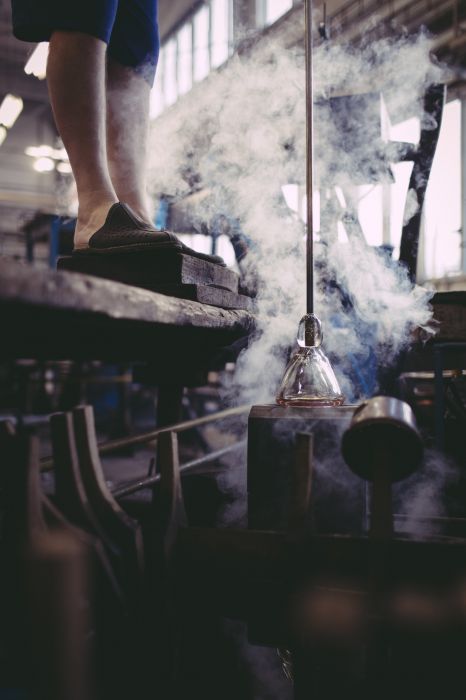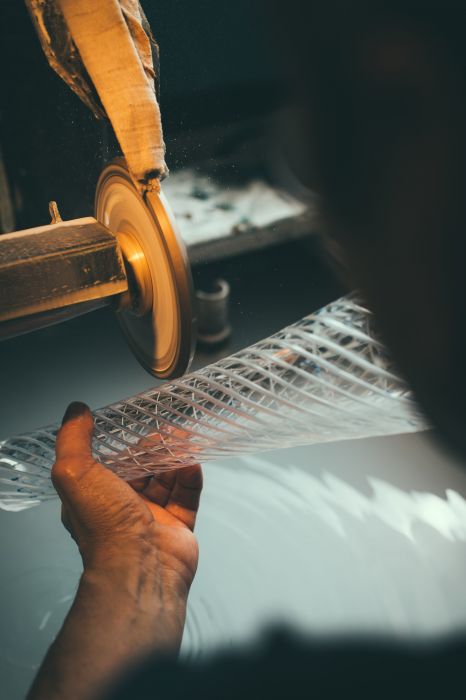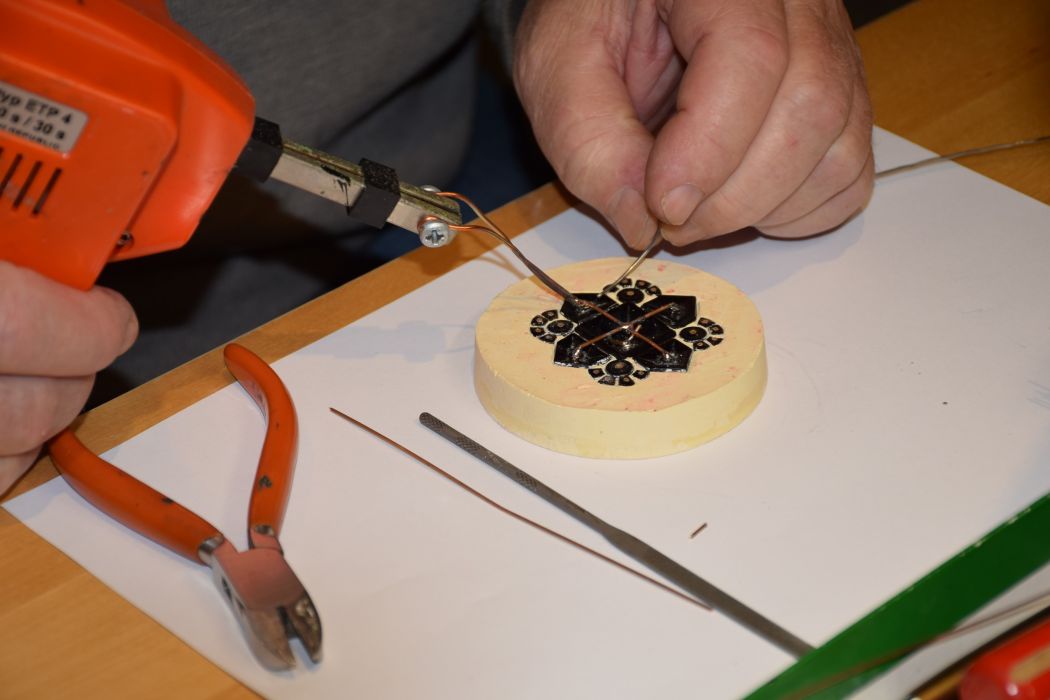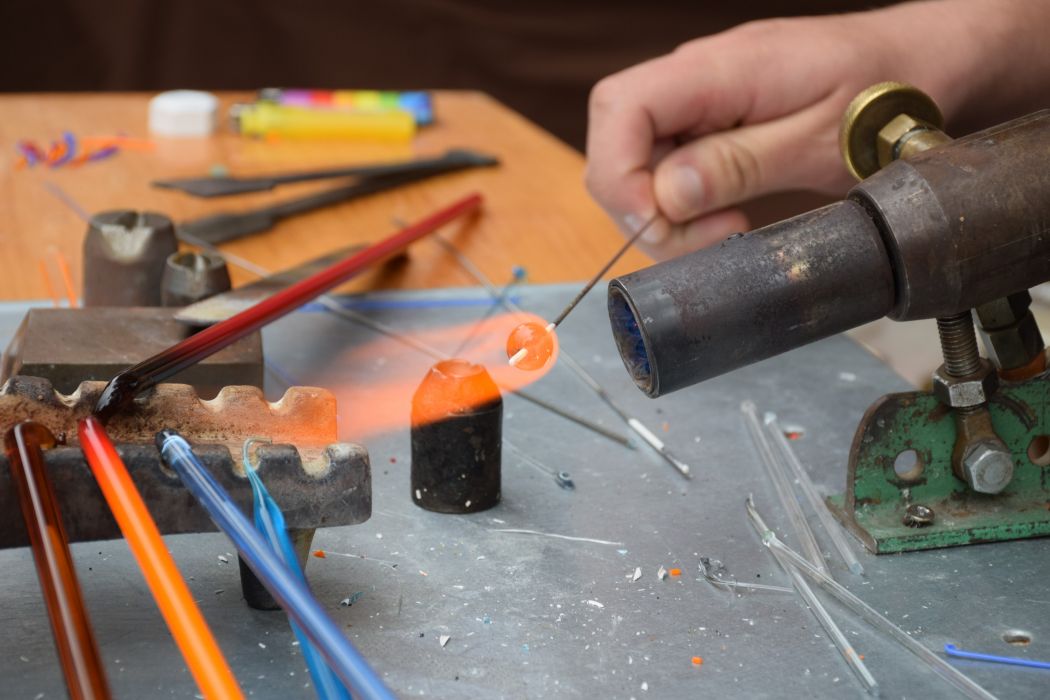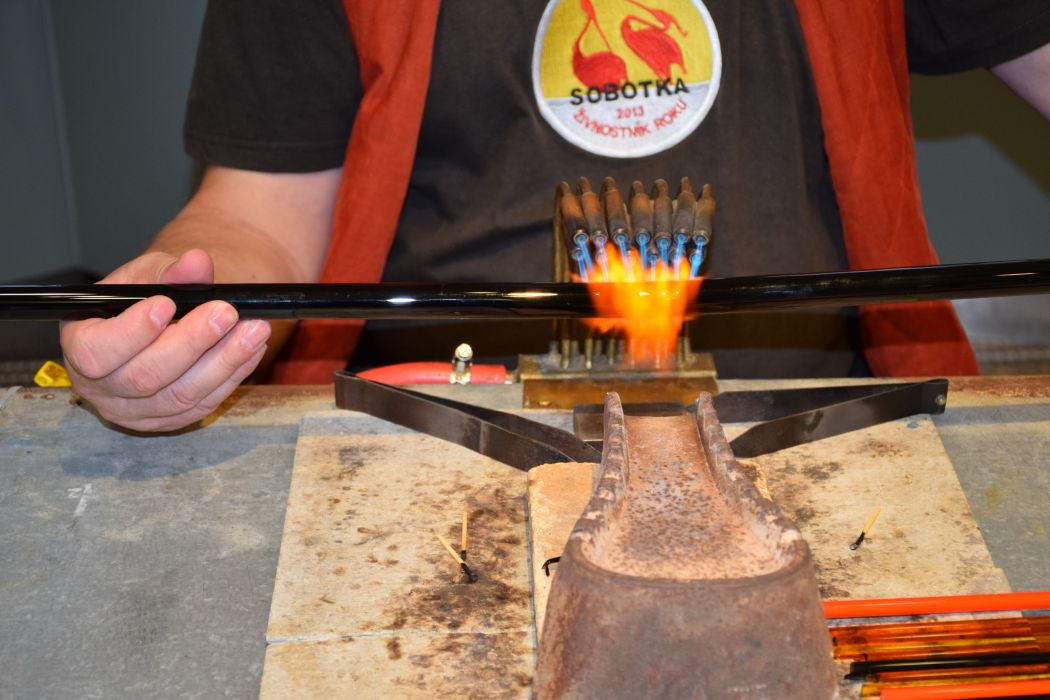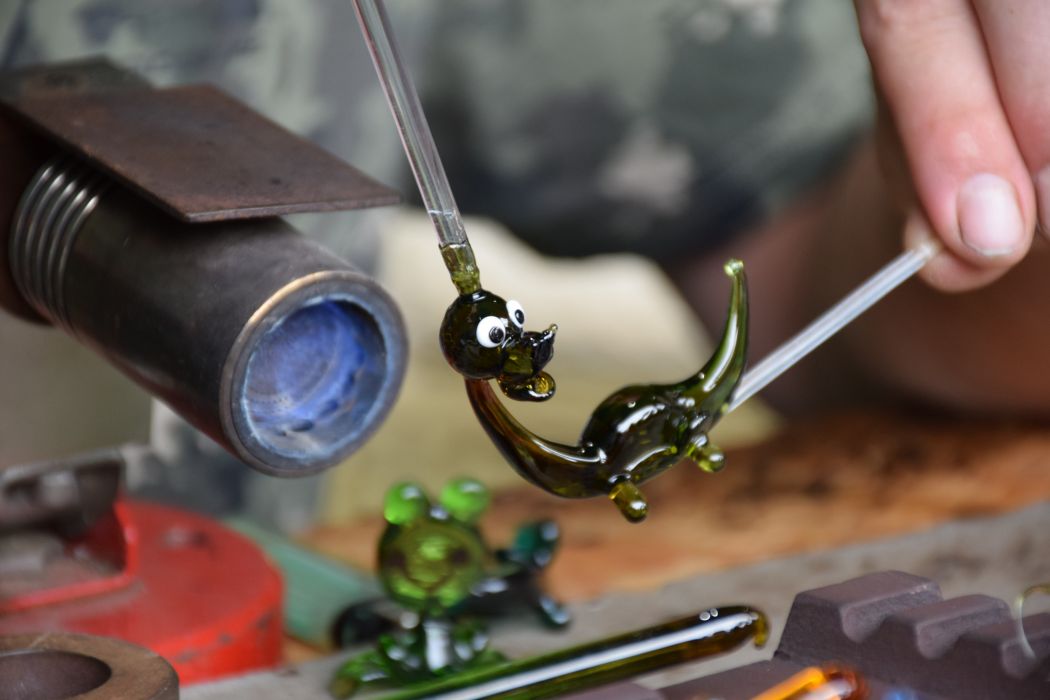Manual glass production is Intangible Cultural Heritage of Humanity
Tied together!
The knowledge, craft and skills of handmade glassmaking have been inscribed on the UNESCO Representative List of the Intangible Cultural Heritage of Humanity. A total of six countries have made and submitted a joint nomination.
The inscription was decided on 6 December at the 18th session of the Intergovernmental Committee for the Safeguarding of the Intangible Cultural Heritage of UNESCO in Botswana. It includes glassmakers from Germany, France, Spain, Finland, Hungary and the Czech Republic.
"We are pleased that the nomination was also recommended for inscription by the evaluation body as a good example of the positive role played by museums in the efforts to protect this element. In most countries, museums were the main preparers of the nomination documentation", said Milada Valečková, Director of the Museum of Glass and Jewellery in Jablonec nad Nisou. In our country, the Jablonec Museum was entrusted with its preparation by the Ministry of Culture as the only state-established institution with national competence in this field.
The main initiators of the nomination were France and Germany, who originally intended to include only glass blowing and the production of flat glass from hollow cylinders. Thanks to the activity of the Jablonec Museum, their proposal was significantly expanded to include glass processing at the stove, but also all cold techniques. Thus, the producers of blown or drawn figurines, engravers, glass cutters and painters, as well as producers of Christmas decorations, pressed jewellery stones or finished jewellery can also celebrate. "A big part of this success is due to our museum's chief curator Petr Nový and his argumentative skills," Valečková added. Our thanks for their significant help and support go to the Czech representative on the Intergovernmental Committee for the Safeguarding of the Intangible Cultural Heritage Eva Kumínková and the representative of the Ministry of Culture Dita Limová, to colleagues from the other five countries and to the entire glass community for their support and encouragement," adds Nový.
What will the inscription bring to glassmakers?
For one thing, it will help spread awareness of this rich and vibrant tradition and the various glassmaking techniques. It will increase the social prestige of the glass craft. It will also encourage dialogue between the communities of the enrolling countries and, last but not least, it will commit countries to promote the preservation of handmade glass. "At the first meeting of the working group of nominating countries in Spain in October, we identified as our top priority the education of the population to distinguish quality handmade products from the usual offer of chain stores. Of course, not everyone has the financial means to buy handmade glasses, but almost everyone can make themselves or their loved ones happy from time to time with a beautiful and unusual glass gift," says Valečková.


